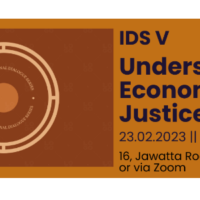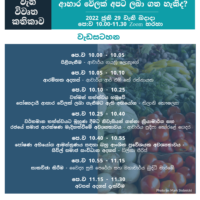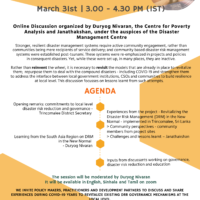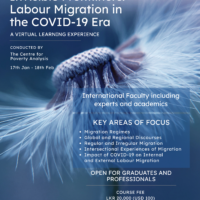CEPA Open Forum on Educational Inequalities in Sri Lanka.
Sri Lanka has had a history of educational policies driven towards providing universal access to education. This has helped the country to expand its access to education, especially for primary and junior secondary education. Yet, this expansion in access was not accompanied by similar quality improvements, with a recent World Bank study quantifying a 4.7 year learning gap for Sri Lankan students. Thus, schooling is not the same as learning in Sri Lanka. As unequal opportunities to access quality education translate into low learning outcomes, disadvantaged groups will face later life disadvantages, which manifest themselves in lower labour market returns and can be cemented through low social mobility. CEPA carried out a study to investigate dimensions, causes and trends of poverty and inequalities between social groups in the education sector in Sri Lanka. Based on available data, differences between regions, the urban-rural divide and inequalities between social groups are described and analysed in this study.
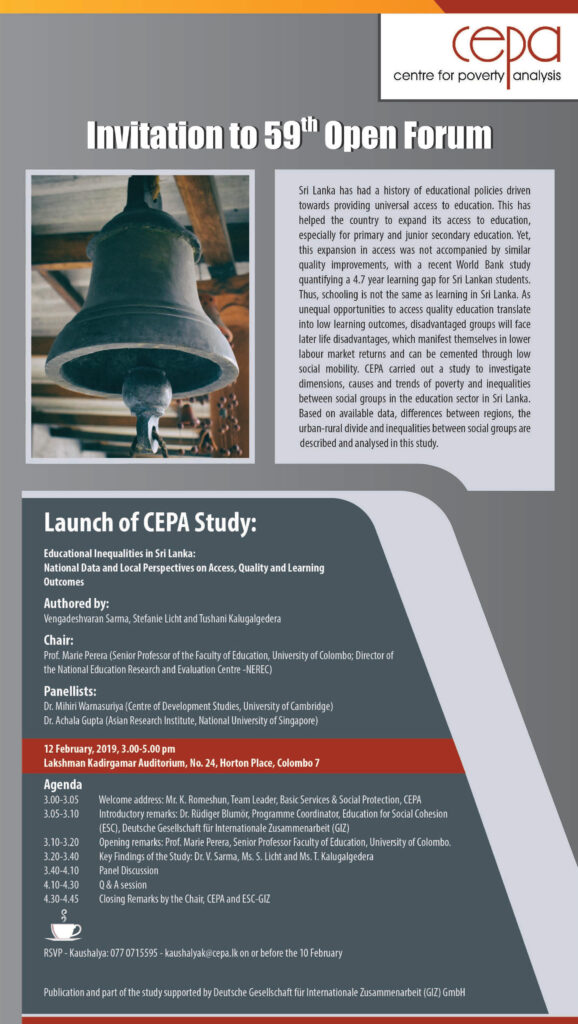
Tushani Kalugalagedera
Stefanie Licht
Vengadeshvaran Sarma
